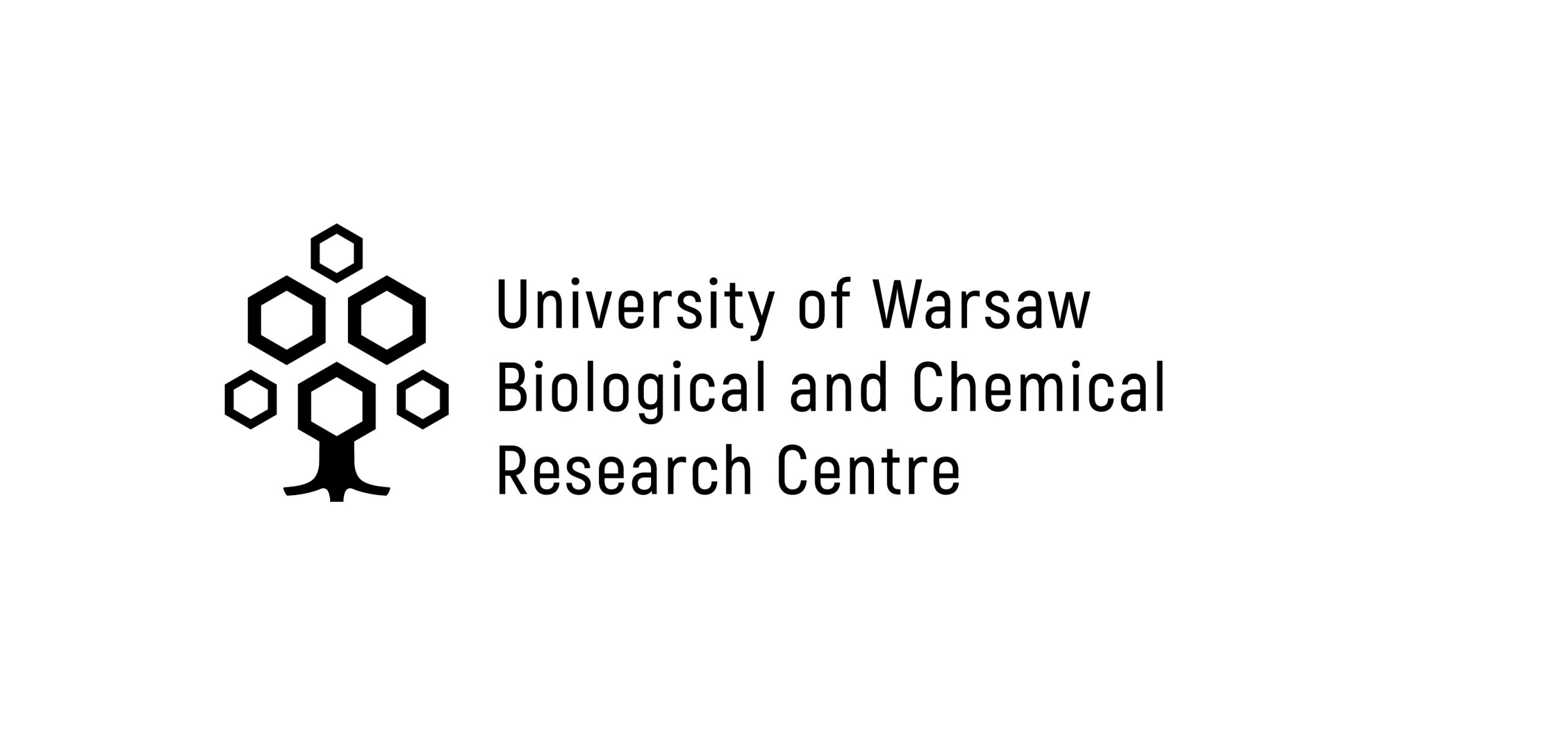Laboratory of Asymmetric Catalysis and High-preassure Organic Synthesis
Description of the Group
The research in our laboratory focuses on the methodology of stereocontrolled organic synthesis, with particular emphasis on enantioselective reactions with the use of chiral organocatalysts and transition metal complexes. We are looking for effective catalytic systems that enable us to conduct new and difficult asymmetrical organic reactions. These include processes where a quaternary stereogenic centre is generated. Our interests include various types of additions / cycladditions to the carbonyl and imine group, conjugate additions with the application of various Michael acceptors and cascade-type reactions. In addition, we are working on new solutions for asymmetric synthesis of fluoroorganic compounds, important from the point of view of biomedical chemistry – mainly chiral trifluoromethyl derivatives. Another important direction of our research is the application of high-pressure technique in organic synthesis, in order to obtain compounds that are difficult to obtain by classical methods. We are particularly interested in the influence of pressure (up to 10 kbar) on the course of catalytic processes, including enantioselective reactions. The methodologies developed by us are used in the syntheses of selected building blocks, including biologically active compounds and their analogues.
Offer
- High-pressure organic synthesis (up to 11 kbar; volume up to 20 ml)
- Determination of the enantiomeric purity of chiral compounds using chromatographic methods (HPLC, GC)
- Measurements of optical rotation
- Synthesis of selected organic compounds, including enantiomerically enriched compounds
Team Leader
Assistant professor at the Faculty of Chemistry of the University of Warsaw, co-author of approximately forty publications in international scientific journals (eight of them in Org. Lett.). He completed his doctoral thesis at the Institute of Organic Chemistry of the Polish Academy of Sciences in Warsaw under the supervision of Prof. J. Jurczak. Afterwards, he spent one year as a postdoctoral researcher at the Princeton University in the group of Prof. D. W. C. MacMillan. In 2012, he received an MNiSW scholarship for an outstanding young scientist, and in 2013, he was awarded the Prof. M. Mąkosza Scientific Award. He received FNP scholarships under the Start and Kolumb programs. For his doctoral thesis, he received the awards of the Prime Minister, PTChem and Sigma-Aldrich and Białkowski Award. At the Faculty of Chemistry of the University of Warsaw, he was the supervisor of six Master’s theses and an assistant supervisor of one doctorate.
Hirsch index – 16.
